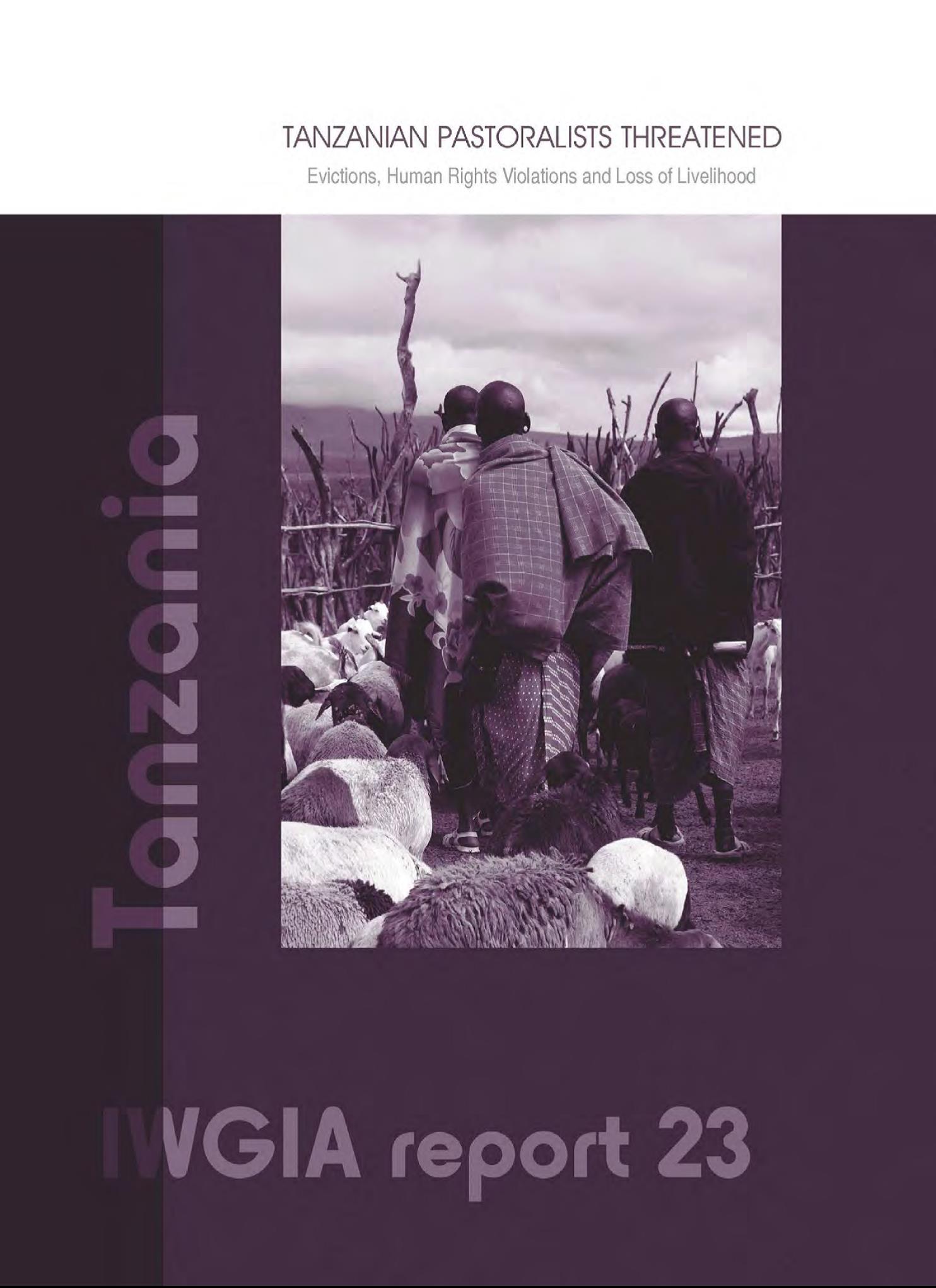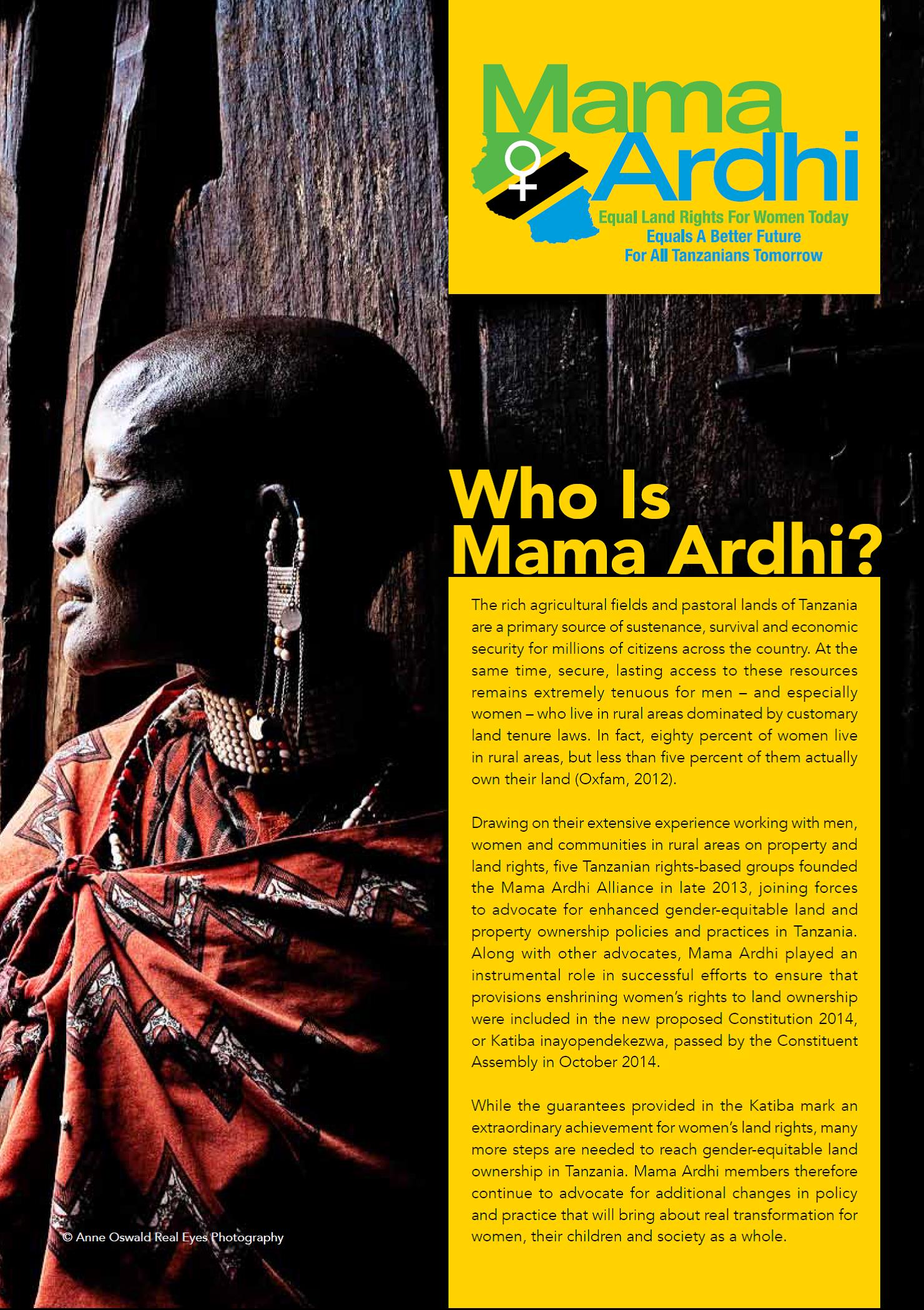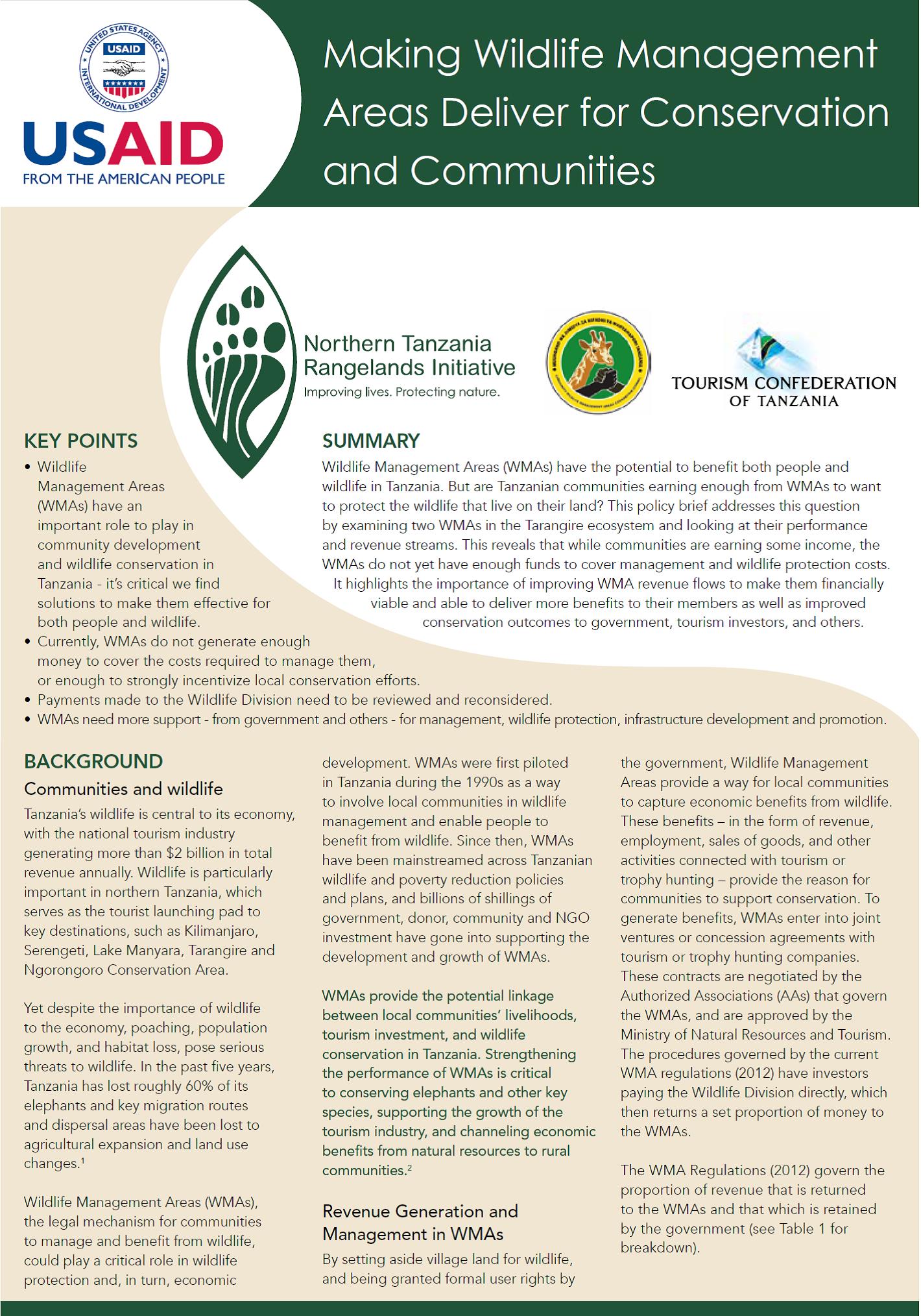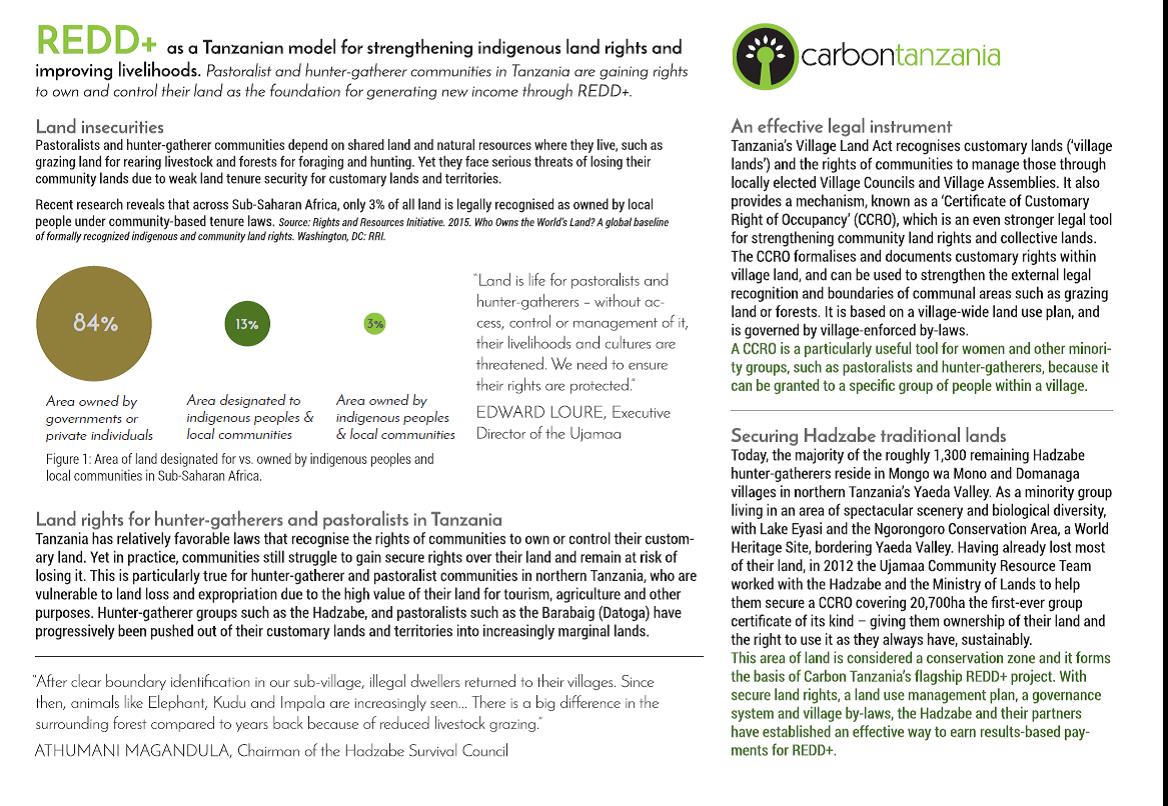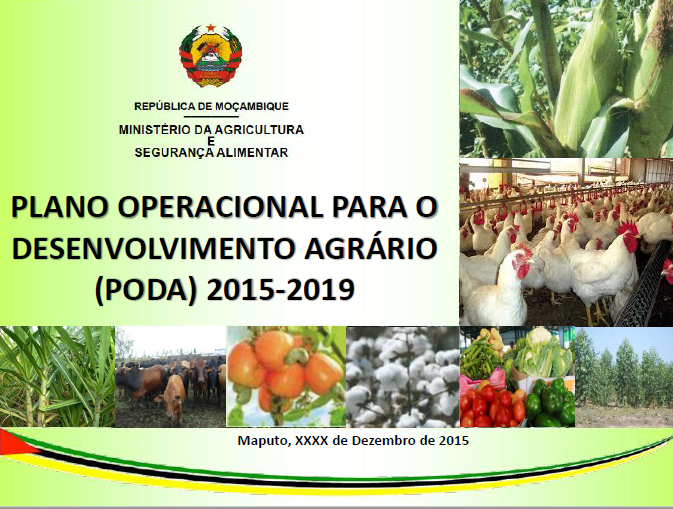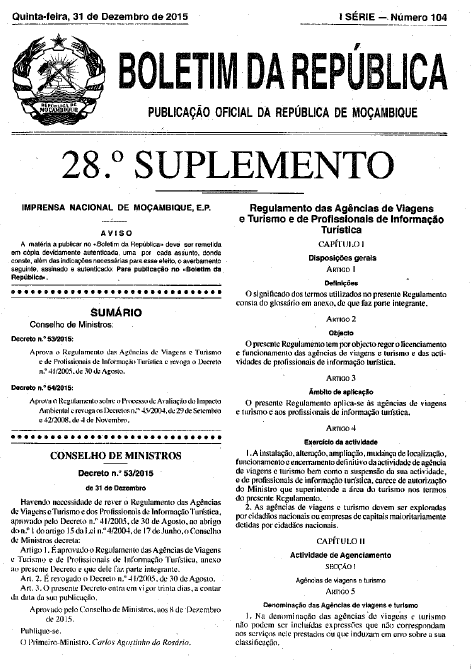Tanzania Pastoralists threatened: eviction, human rights violations and loss of livelihood
The report explores the evictions of pastoralists and other conflicts over pastoralists’ land in Tanzania, with focus on the past decade.
Although most of these evictions and land based conflicts have been documented, the associated human and legal rights violations have increasingly lead to concern amongst civil society. A study was therefore commissioned to collate the available information as well as to visit affected pastoralist communities to assess the current situation faced by pastoralists in the country.

